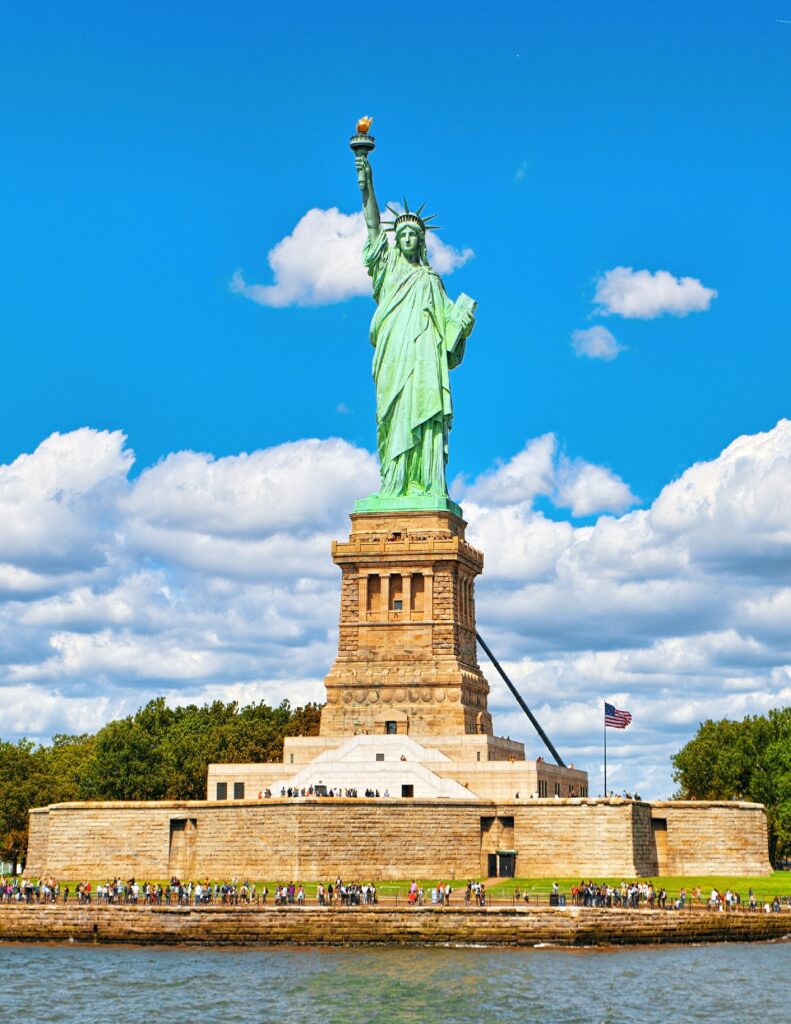
Did you know the Statue of Liberty is the earliest example of a civic crowdfunded project in the U.S.? In the late 19th century, the people of France gifted the Statue of Liberty to the United States as a symbol of friendship and freedom. However, the statue’s pedestal needed to be constructed, and funds were scarce.
The American people were excited about the statue, but raising the necessary money proved challenging. Joseph Pulitzer, a newspaper publisher, stepped in to help. He launched a crowdfunding campaign through his newspaper, The New York World. Pulitzer wrote passionate editorials, calling on ordinary citizens to contribute whatever they could afford. He promised to publish the name of every donor, no matter how small the amount. People from all walks of life responded enthusiastically. Children donated pennies, street vendors gave their day’s earnings, and working-class families sent in modest sums. The campaign united Americans across social and economic lines in a common cause. In just five months, over 120,000 people contributed to the effort, raising more than $100,000.
The pedestal was completed, and on October 28, 1886, the Statue of Liberty was unveiled to great fanfare. The statue not only stood as a symbol of freedom but also as a testament to the power of collective effort and the generosity of the American people. It was the first ever crowdfunded project in the United States, a pioneering example of the impact of community and solidarity.
